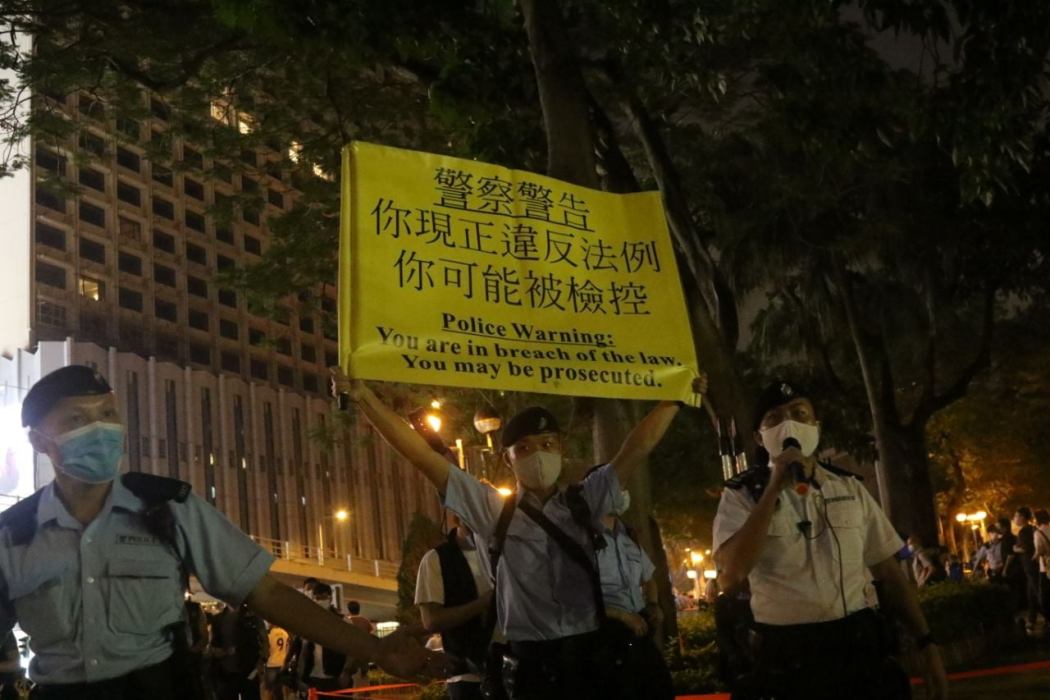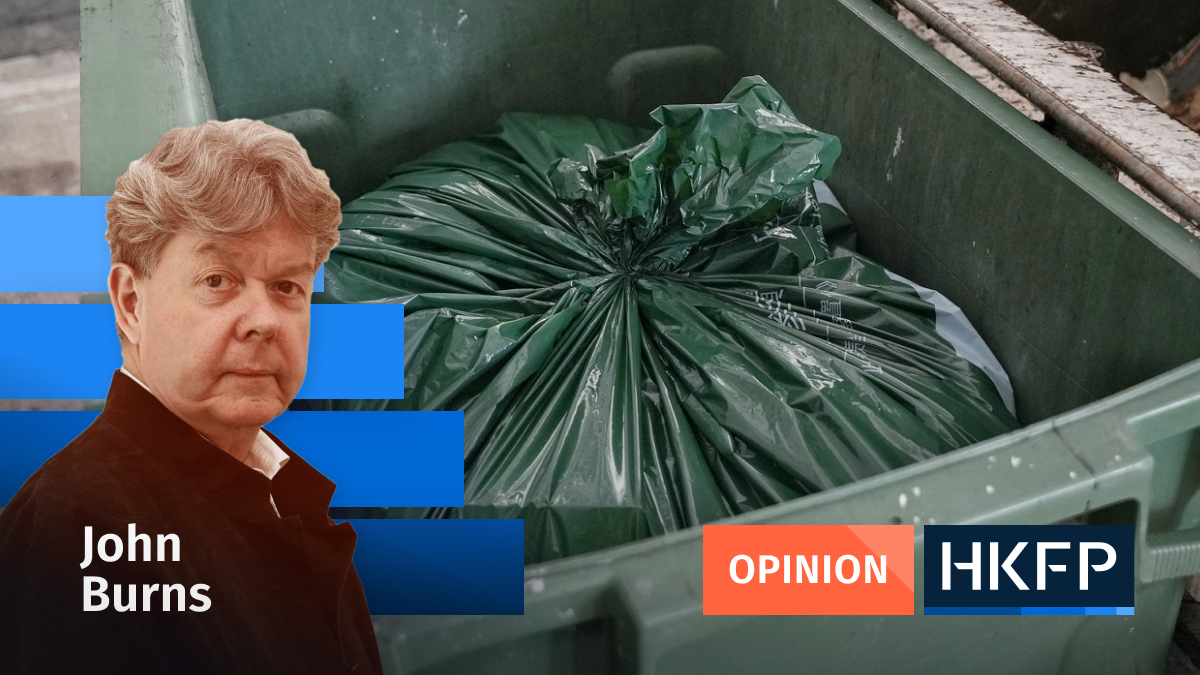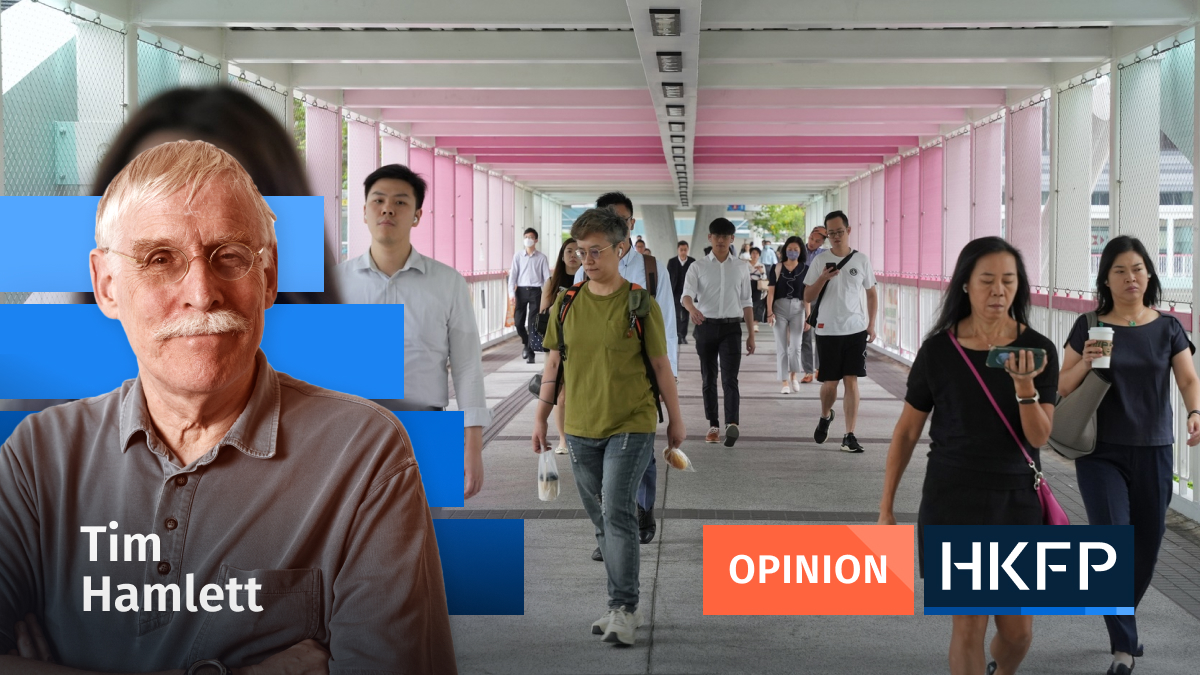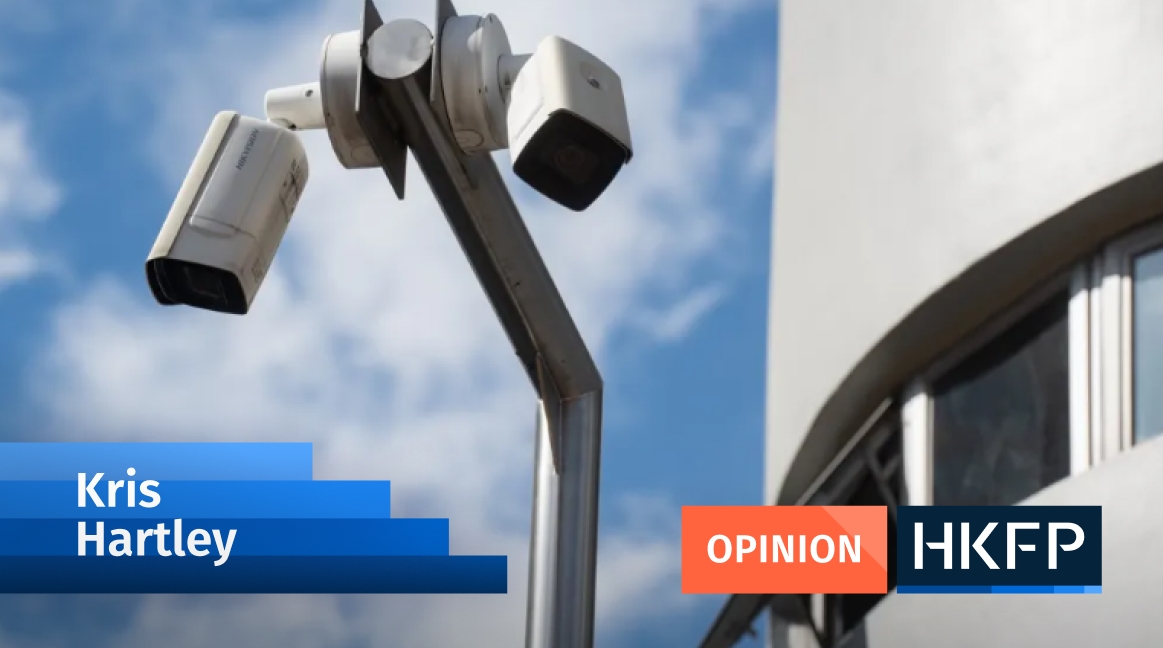A judicial ruling which cleared Chow Hang-tung of incitement to unauthorised assembly has called into question Hong Kong’s ban on most public protests imposed in recent years on the pretext of controlling Covid-19.
Court of First Instance Judge Judianna Barnes on December 14 threw out Chow’s conviction for inciting others to take part in an unauthorised assembly to commemorate those killed in the Tiananmen crackdown on June 4,1989. Police banned the 2021 vigil on Covid-19 grounds.

Barnes ruled that police could not charge Chow because their ban on the demonstration was “not legally sound.” They failed to “exercise their responsibility to allow and facilitate public assemblies wherever feasible, as stated in the Public Order Ordinance.”
If the police prohibit a gathering on Covid-19 grounds, then section 9(4) requires authorities to indicate what feasible conditions for holding a demonstration the organisers should meet. Police ignored this stipulation.
The judge pointed out: “Although the organisers of the gathering had said they were willing to abide by any measures set out by police… the police did not seriously consider this, and did not raise measures or conditions to be considered, such as restricting the time during which people can enter the venue, the number of attendants… a requirement to scan Leave Home Safe, wearing a mask, a ban on eating, etc… that could control the risk of the virus spreading.”
She said that the police appeared to ignore a Department of Health report prepared for them that suggested limits on public gatherings of unmasked people who were eating. The report did not rule out mass gatherings as such.

Under the cover of Covid, authorities in Hong Kong have appeared to ban virtually all protests since the virus broke out in 2020. They have at last been called out on this practice.
Our leaders point out that the Basic Law “guarantees” the freedom of association, assembly, procession and demonstration (Article 27). In fact, the Basic Law does no such thing. These freedoms are only as good as what happens to people trying to exercise them on the street. The police are major players in this arena.
Authorities appear to be trying to change the Hong Kong peoples’ understanding of key concepts in the Basic Law. When it was drafted, neither officials in Beijing nor Hong Kong clarified the stark difference in meaning carried by the same words that appear both in the Constitution of the People’s Republic of China (Article 35) and the Basic Law (Article 27).
We in Hong Kong were apparently content with this ambiguity so long as the transition through 1997 was smooth (e.g., no protests, no capital flight, etc). It was smooth. But the different understandings of the same words remain.

The Leninist drafters of the Basic Law came to their task understanding that the state tolerates no attempts to organise opposition. The Chinese Communist Party vigorously represses all such attempts. The freedoms promised in Article 35 are severely limited, mostly to demonstrations of support for the state or against foreign entities identified by the state.
When Secretary for Security Chris Tang pointed out that Hong Kong people still have the freedom to demonstrate their patriotism for China, he was speaking in this tradition.
In Hong Kong, however, freedom to demonstrate has had a different meaning, which puts the onus on the authorities (the police) to facilitate protest except under specific conditions, such as threats to national security or public order. Covid-19 is not one of these conditions.
Our understanding of the same words is a colonial legacy taught in schools, discussed in the media, and enshrined in the Hong Kong Human Rights Ordinance (1991). This understanding assumes a more limited role for the state. This is what we have been used to in Hong Kong.
So, when the authorities say that we do not understand the Basic Law, do they mean that we have yet to accept a Leninist interpretation of the words in the Basic Law? Probably so.

The security of Hong Kong depends on all of us, not just the police. The judge’s ruling undermines the reputation of the police and the government, regardless of the prosecution’s next move. Reputation and trust matter, for without them all the policing in the world is ineffective at achieving security.
Trust in the police hit rock bottom in 2019 as authorities struggled to regain control of the streets of Hong Kong. Surveys indicate that by September 2019, 48 per cent of the public had no trust in the police at all. Since the imposition of the National Security Law in 2020 trust has rebounded somewhat. From 2019 to 2022 satisfaction with the police rose from a low of 35.3 per cent to 56.4 per cent. This is a positive development.
To continue to rebuild public trust in the police, they must be seen to be following the Basic Law using language that the people of Hong Kong understand, and the laws of Hong Kong. We expect nothing less. The right to protest is a fundamental right which is necessary for self-correcting political systems.
Adaptability of our political system depends on people understanding that when their voices are not heard through the established channels, they still have options. Our leaders need to value protest and learn from it, not just try to shut it down.
Support HKFP | Policies & Ethics | Error/typo? | Contact Us | Newsletter | Transparency & Annual Report | Apps
| HKFP is an impartial platform & does not necessarily share the views of opinion writers or advertisers. HKFP presents a diversity of views & regularly invites figures across the political spectrum to write for us. Press freedom is guaranteed under the Basic Law, security law, Bill of Rights and Chinese constitution. Opinion pieces aim to point out errors or defects in the government, law or policies, or aim to suggest ideas or alterations via legal means without an intention of hatred, discontent or hostility against the authorities or other communities. |
Help safeguard press freedom & keep HKFP free for all readers by supporting our team

More HKFP OPINION:
HKFP has an impartial stance, transparent funding, and balanced coverage guided by an Ethics Code and Corrections Policy.
Support press freedom & help us surpass 1,000 monthly Patrons: 100% independent, governed by an ethics code & not-for-profit.










